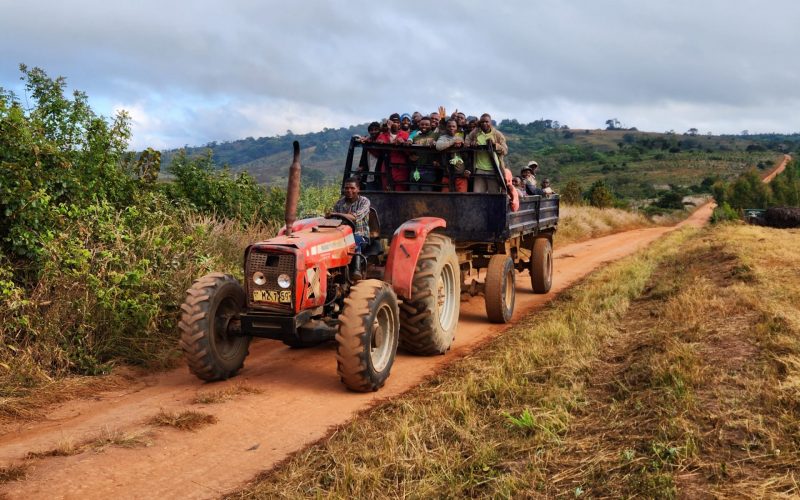Until alternative and new sources of economic growth can be found, eco-tourism will be the keystone sector. If well governed, tourism can sustainably provide livelihood opportunities while contributing to wildlife and biodiversity preservation. An important component of its success is the extent to which local communities benefit from it and are central to management decisions. Community-Based Natural Resource Management (CBNRM) is a formal policy in Botswana designed to achieve this end. This policy insights paper examines the history of CBNRM and the efficacy of its current iteration. Although there are a number of challenges to overcome with the Botswana CBNRM model, the paper ultimately argues that communities are better off with CBNRM than without it. It does, however, have to be more effectively governed, and a greater diversification of economic activities has to be encouraged. If it is to be successful, CBNRM must also be politically supported through the investment in appropriate CBNRM legislation and policy.








